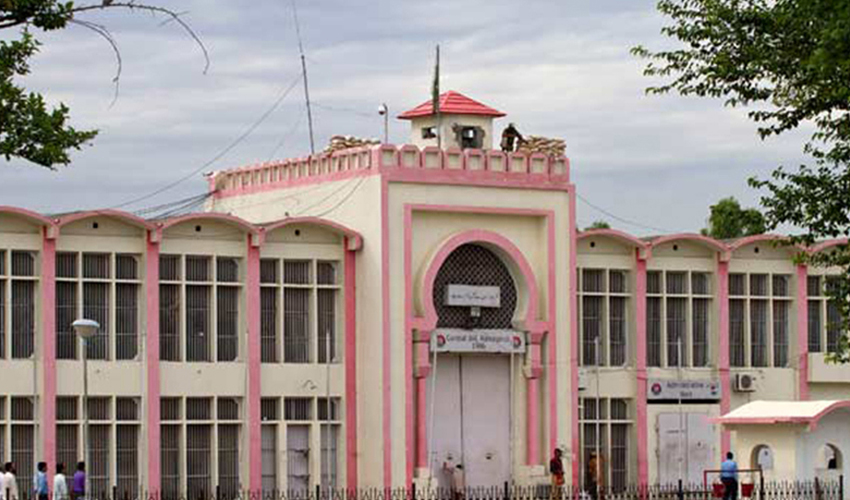Barrister Ahmed Ali
The legal fraternity is the moral and institutional backbone of every nation’s justice system. Lawyers, by virtue of their training and responsibility, are custodians of the rule of law and defenders of constitutional supremacy. Their role extends far beyond advocacy; they embody the principles of fairness, due process, and legal accountability. Yet, in Pakistan, this noble profession has gradually become entangled in the web of political interference, eroding its institutional integrity and professional independence.
The entry of political parties into bar councils and lawyers’ associations has transformed these professional platforms into political battlegrounds. Instead of focusing on legal reform, continuing education, and ethical practice, a growing number of lawyers’ groups now serve as extensions of political parties. Elections for bar councils—once meant to determine professional leadership—have become a mirror image of national political contests, complete with campaign slogans, party funding, and ideological polarisation. This trend represents a profound shift in the purpose and spirit of the legal profession.
Follow Republic Policy on YouTube
At the core of this crisis lies a conflict between professionalism and politics. The lawyer’s duty is to interpret law, protect justice, and uphold the Constitution without fear or favour. But when lawyers begin aligning themselves with political interests, they risk becoming advocates not for justice but for partisan causes. This undermines the perception of the legal community as a neutral arbiter and compromises the public’s trust in the justice system. In a democracy, lawyers should act as a bridge between state and society, not as political actors seeking power through legal institutions.
The politicisation of the bar has tangible consequences. It fosters internal divisions, promotes factionalism, and erodes institutional discipline. Courtroom decorum often gives way to political activism, while bar offices become centres of influence rather than instruments of professional development. The decline in legal ethics, witnessed in the form of protests, confrontations, and pressure tactics, reflects the weakening of professional restraint and accountability. The sanctity of the court, once an arena of reasoned debate, increasingly appears hostage to populist expression.
Follow Republic Policy on Facebook
A modern, democratic state cannot afford such erosion of professional boundaries. The judiciary’s independence depends not only on judges but also on an impartial and ethical bar. The legal community must recognise that its credibility lies in neutrality and excellence—not in political loyalty. Institutional reform should aim to restore the autonomy of bar councils by insulating them from external interference. Internal governance mechanisms should promote merit, ethics, and continuing education, enabling lawyers to adapt to emerging areas of law such as technology, environmental justice, and human rights.
Follow Republic Policy on TikTok
The government and political parties must also act responsibly. Political infiltration into professional organisations weakens democratic institutions by blurring the lines between state, politics, and law. Bar associations should represent lawyers’ collective professional voice, not serve as political proxies. Political leaders must respect the institutional autonomy of the bar and avoid manipulating it for electoral or ideological advantage.
Follow Republic Policy on Instagram
Equally important is the role of legal education. Universities and law colleges should instil a sense of professional ethics, civic duty, and constitutional literacy among students. By reinforcing the idea that law is a discipline rooted in impartiality and justice, the next generation of lawyers can resist the temptations of political opportunism. A professional culture that values ethical integrity over populism is essential to the survival of an independent judiciary.
Follow Republic Policy on WhatsApp
Depoliticising the legal community is not merely a matter of professional discipline—it is a national imperative. Pakistan’s journey toward constitutional democracy depends on an independent judiciary supported by a dignified and nonpartisan bar. A reformed legal fraternity, guided by ethics and institutional independence, can serve as a guardian of justice, a defender of citizens’ rights, and a stabilising force for democracy. The time has come for Pakistan’s legal community to reclaim its integrity by choosing professionalism over politics, principle over power, and justice over expediency.
















